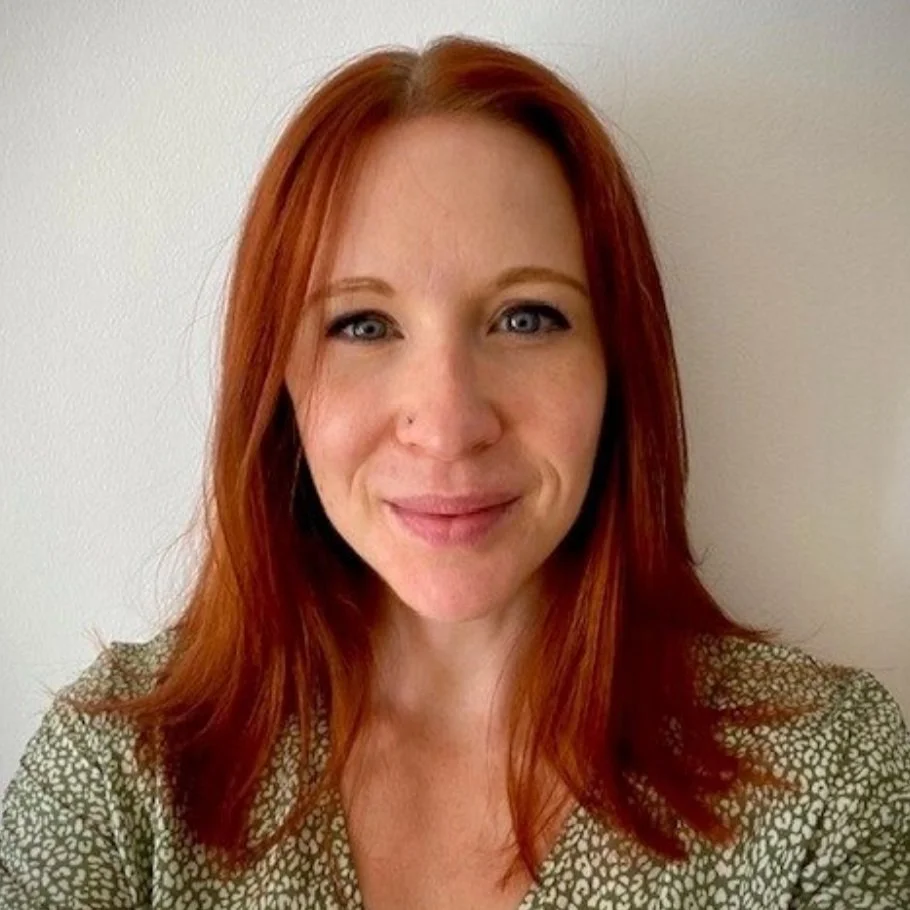Overview
Befuddled by bias?
Confounded by variables?
But curious to make better use of research and evidence?
Then this webinar is for you!
The webinar will launch our new Demystifying Research series, a way of sharing power through sharing knowledge, and making research accessible, useable and interesting (maybe even fun!)
Date, Time & Location: 30th July, 2-3pm BST, Online (Zoom link will be sent after registration)
Event Description and agenda
At Imroc we believe that everyone should benefit from and be able to contribute to mental health research.
For too long research and research evidence has been controlled by a relatively small number of people who are often not directly connected to the communities they study. Research in general is often difficult to access and hard to understand. We know from your feedback that there is an appetite to know more about research, but at the same time many of you feel excluded from research because of technical language and complicated methods.
This webinar will introduce our new Demystifying Research series, a place to ask questions about research, especially research into recovery and peer support, and to hear the research described by (friendly) experts in simple terms.
In this webinar you will:
Be introduced to the Demystifying Research series – learn about our intentions
Explore some key research concepts
Take part in live research activities
Get a taster of the first area of research we’ll be writing about in the series
Have a voice in suggesting ideas and topics for the series
Who is this webinar for?
The event is aimed at anyone with an interest in research and its application, especially research related to mental health, recovery and peer support. It may be particularly relevant if:
You have ever felt intimidated by or excluded from research,
You would like to use research to support arguments in your working practice but are unsure where to start.
Speakers
Simon Bradstreet - Imroc Consultant and Researcher | Author of Demystifying Research
Simon Bradstreet works as a consultant with Imroc and brings over 20 years of experience mental health research, policy and improvement. His background includes roles in evaluation consultancy, academic research and teaching. As founding Director of the Scottish Recovery Network he helped introduce formalised peer working in the UK and developed a number of innovative programmes founded on valuing and building from lived experiences of recovery. Simon’s PhD focused on how stigma becomes internalised and has contributed to over 30 peer reviewed publications. Through Simon Bradstreet Consulting, he currently provides research and consultancy services to a number of clients, including the Mental Elf, Matter of Focus and Habitus Collective UK, and is a qualified Gestalt Coach, supporting peer leaders and others in helping roles.
Simon has a passion for communicating and demystifying research. His mission is to enable positive change and improvement in all aspects of health and social care through evidence-based and participatory methods.
Facilitator – Emma Watson | programme lead at Imroc for Research, Evaluation, Publications and Development,
Emma Watson is the programme lead at Imroc for Research, Evaluation, Publications and Development, and, until recently, was the Peer Support Lead at Nottinghamshire Healthcare NHS Foundation Trust. As Peer Support Lead, she has led the strategic introduction of peer support workers into a range of clinical services, establishing training and supervision processes to support this development. Prior to this, Emma worked in a number of peer roles, including peer support worker, peer supervisor, peer trainer and peer researcher. Emma was among the first peer workers to be employed in Nottingham NHS Trust in 2010; an experience which transformed her own recovery, as well as her understanding of the power of lived experience.
As a programme lead at Imroc, Emma aspires to centre lived experience perspectives in research and publications, and offer accessible, creative ways for knowledge to be developed and shared. She is leading on the development of an MSc in Lived Experience Leadership as well as overseeing Imroc’s research and evaluation projects. Emma's commitment to advancing peer support is further demonstrated through her extensive research publications. She has authored numerous articles, as well as co-authoring the book "Peer Support in Mental Health," which provides an in-depth exploration of peer support concepts and practices. Her PhD explored peer support in the context of an NHS service, especially how this context changes or constrains peer support, and how individual peer workers resist this process.
Ashleigh Charles - Imroc Consultant and Researcher
Ashleigh Charles is a consultant with Imroc and a researcher within the Recovery into Research Team (RRT), with extensive experience in mental health research, evaluation, and workforce policy. Her professional background spans roles as a peer support worker, support worker, registered mental health nurse, policy associate, and academic researcher, offering a distinctive blend of lived experience, clinical practice, and research expertise.
Ashleigh’s PhD explored the implementation of peer support roles within NHS services, with a focus on organisational culture. She has worked on both National Institute of Health and Social Care Research (NIHR), including Narrative Experience Online (NEON), and European-funded research projects, such as the multinational UPSIDES study (Using Peer Support in Developing Empowering Mental Health Services), contributing to research on peer support across diverse global contexts.
She has authored numerous publications on workforce development, peer support, organisational culture, and the transformation of mental health systems. Ashleigh continues to support national strategy and workforce policy, championing recovery-oriented, co-produced, and inclusive approaches to mental health care. She is committed to ensuring health and social care research is accessible, participatory, and drives real impact.
Book your place
To book a place please email events@imroc.org with “Demystifying Research” in the subject line.
We’ll send your link and a two-minute sign-up survey.
We would also appreciate it if you could take the time to do a short survey about views on research from Imroc: Click here for survey



